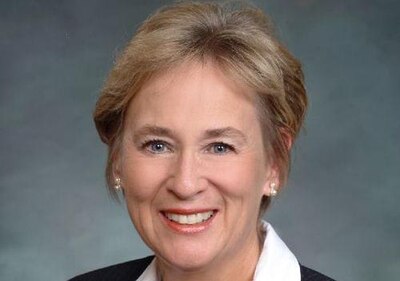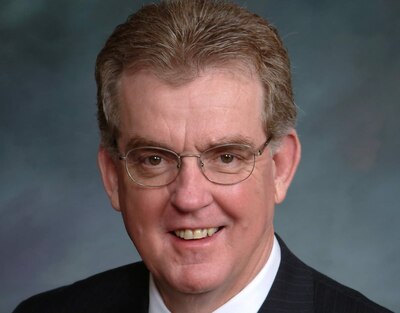The Senate Education Committee Thursday gave unanimous approval to a bill intended to modernize state regulation of for-profit colleges and provide some additional consumer protections for students.
Also Thursday, the 2012-13 school finance act was introduced in the House. It will have its first hearing in the House Education Committee Monday afternoon.
College bill product of long process
Like many big higher education bills in recent years, Senate Bill 12-164 is the product of lengthy negotiations among state officials and interest groups, and it arrived at the Senate Education Committee Thursday afternoon pretty much all wrapped up and with no opposition.
The measure is intended partly to respond to the rapid growth in degree-granting institutions operated by for-profit companies.
Under current law, such institutions fall into something of a gray area between other four-year colleges and schools that offer vocational certificates or associate degrees.
Under the new system proposed in the bill, any institution – state, private or for-profit – that has a majority of its students enrolled in bachelor’s degree or graduate programs would be regulated by the Colorado Commission on Higher Education.
Schools where more than half of the students are seeking vocational certificates and associate degrees would remain under the supervision of the Division of Private Occupational Schools and the Private Occupational School Board.
As under existing law, the primary requirement for state authorization of an institution is whether it is accredited by a regional accrediting agency.
The bill also proposes some financial and consumer protection provisions to help students, such as requiring new institutions to demonstrate financial fitness or, in some cases, to post bonds that could be used to repay students if an institution closes. (Long-established institutions would be exempted from the new financial requirements.) The bill also bans various deceptive marketing practices. And the measure would require institutions that close to give their records to the Department of Higher Education so that students would have access to transcripts and other documents.
The bill also would allow CCHE to set rules for data reporting by for-profit schools, enabling the state to get a better handle on the full picture of postsecondary education in the state.
According to a legislative staff analysis accompanying the bill, Colorado has 103 private colleges of all types, including 22 non-profit, 30 for-profit and 51 religious training institutions. A recent survey to which 70 colleges responded found 138,155 students enrolled. The state’s public colleges enroll more than 200,000 students.
A procession of witnesses representing both traditional non-profit colleges and for-profit schools testified in support of the bill.
School finance act in the hopper
The 2012-13 school finance act, House Bill 12-1345, was introduced in the House Thursday. The bill proposes about $5.3 billion in what’s called total program funding for schools next year, a hold-the-line amount that keeps support at the same level as this year.
The bill also proposes to increase charter school facilities funding from $5 million to $6 million a year, $1.3 million in assistance to boards of cooperative education services to help implement various school reforms and a boost of $480,000 for the Colorado Counselor Corps program. That would restore money the Joint Budget Committee has proposed cutting. (See this preview story for more background on the bill.)
Rep. Solano tries one more time

Rep. Judy Solano Thursday tried again, and failed again, to amend Senate Bill 12-036 to require parent consent for students to take TCAP tests.The bill proposes to require parent consent for students to take various surveys at school. Supporters believe it’s necessary to inform parents when students are asked to take surveys that might have personally sensitive questions about such things as mental health, drug use, bullying and other issues.
Solano, the legislature’s biggest critic of standardized testing, thinks parents’ rights should extend to testing as well. She tried to put her amendment on the bill in committee but was unsuccessful. The Brighton Democrat’s floor amendment Thursday was ruled out of order, and the House gave the bill preliminary voice-vote approval.
An amazing transformation

Senate Bill 12-106 was seen by some as the biggest potential loose-cannon education bill of 2011.Its title was “Concerning Education,” meaning virtually any proposal relating to schools or colleges could have been added to the measure. Its sponsor was Sen. Keith King, R-Colorado Springs and a wily legislative veteran known for his amending and general parliamentary skills. And King isn’t running for re-election.
King’s original version of the bill proposed expansion of the powers of early colleges, including the abiliy to award associate’s degrees. (King runs Colorado Springs Early Colleges and is a vocal proponent of that hybrid high school/community college model.)
But when the bill came back up Thursday in Senate Education, all King proposed to do was clarify state law to allow charter schools to offer preschool programs.
“This bill is a shadow of its formal self,” said chair Sen. Bob Bacon, D-Fort Collins.
The panel passed the bill 7-0 – with an amendment that narrows the title, avoiding any future troublesome amendments.
Use the Education Bill Tracker for links to bill texts and status information.
